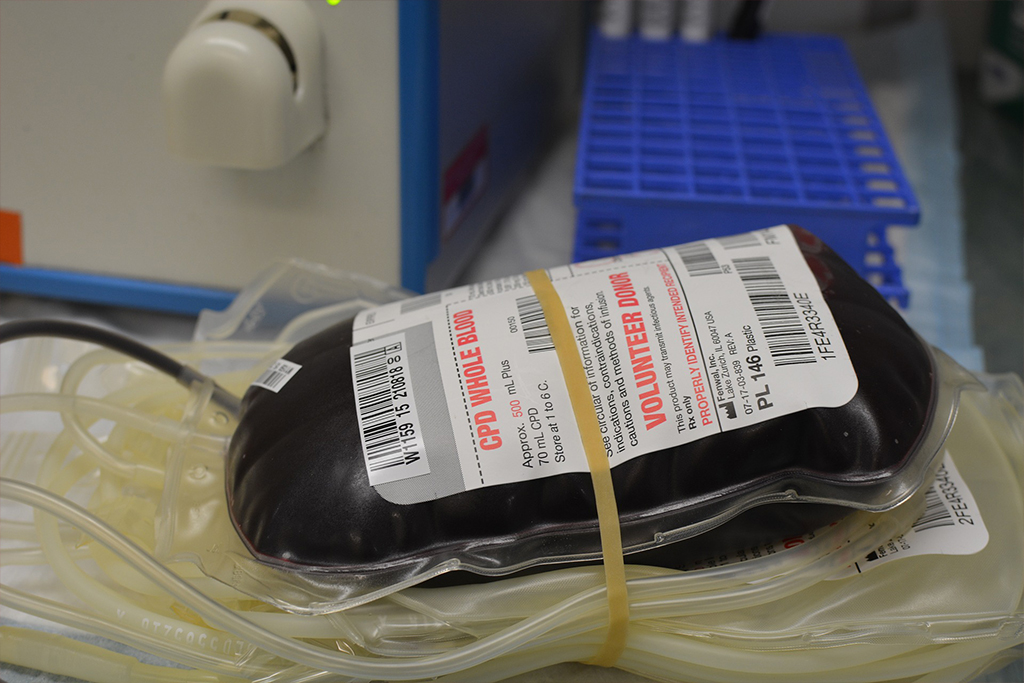When explorer Ponce de León set out on his many expeditions, his goal was to find the “Fountain of Youth.” He settled instead for Florida—which today, ironically, is a fountain of retirement. Perhaps inspired by Ponce de León’s quest for youthful vitality, scientists have stumbled upon an actual rejuvenation technique which harnesses proteins found within young human blood plasma.
Through a 150-year old technique known as parabiosis, which is the conjoining of two mice (one old and one young) so that they share a common circulatory system, scientists have been studying the effects of young blood on ageing in mice for years. However, until recently, young blood was only effective in mouse-to-mouse transfers where older mice experienced improvements in muscle and some organ functions. In 2012, researcher Amy Wagers of Harvard’s Stem Cell Institute noted that young blood from mice improved muscle, heart, and brain function in older mice. However, contradictions abound as several pharmaceutical companies dispute Wagers’ findings.
Other researchers like Stanford’s Tony Wyss-Coray believe that young human blood plasma has potential for those suffering with dementia or Alzheimer’s disease. After infusing human plasma from young adults into the veins of elderly mice, scientists found the mice had an improved ability to navigate mazes and learned to avoid areas where they might encounter painful electrical shocks. After dissecting the brains of these mice, they discovered that the region of the brain known as the Hippocampus, associated with memory and learning had formed new connections. Something which didn’t occur with mice infused with human blood plasma from older donors. Researchers then painstakingly compared 66 proteins that transferred from human donors to the mice during parabiosis.
So far, two proteins, TIMP2 and GDF-11, were identified as aiding the brain by either stimulating blood vessel growth in the brain or by enhancing the body’s immune system or metabolism in a way that positively affects the brain.
Currently, more research is underway by two companies performing actual clinical trials on human participants, one group of which suffers with Alzheimer’s disease. (Also underway is a clinical trial by a research hospital in South Korea examining whether cord blood or plasma can prevent frailty in the elderly.) These clinical trials open the doors for the possibility of one day developing drugs based on these proteins which may successfully combat the effects of ageing and memory-related diseases.
Read more about the leaders in the field including neuroscientist, Tony Wyss-Coray and Harvard researcher, Amy Wagers in Nature Magazine.
Strategic Communications Professional/Content Strategist/Marketing Communications Consultant





